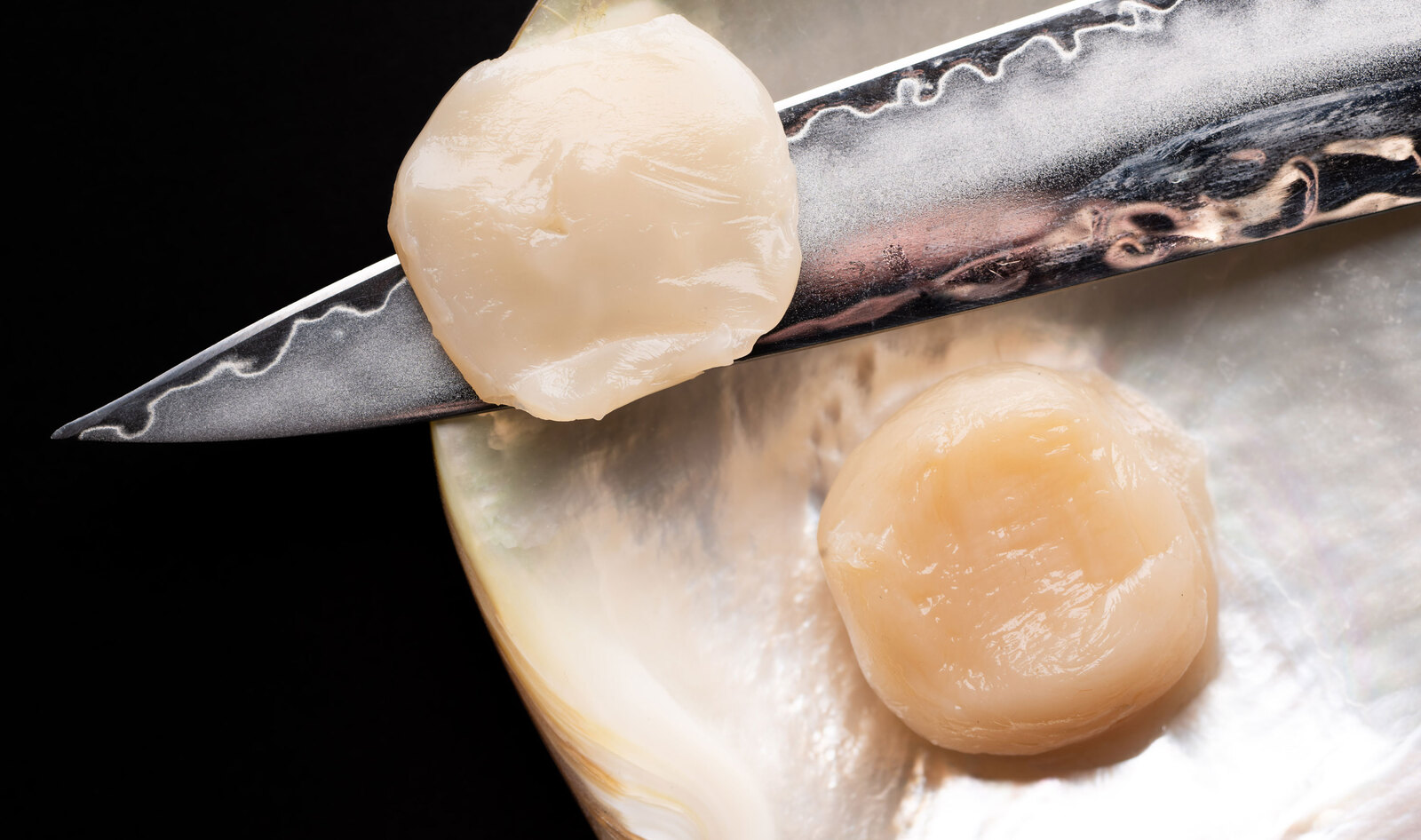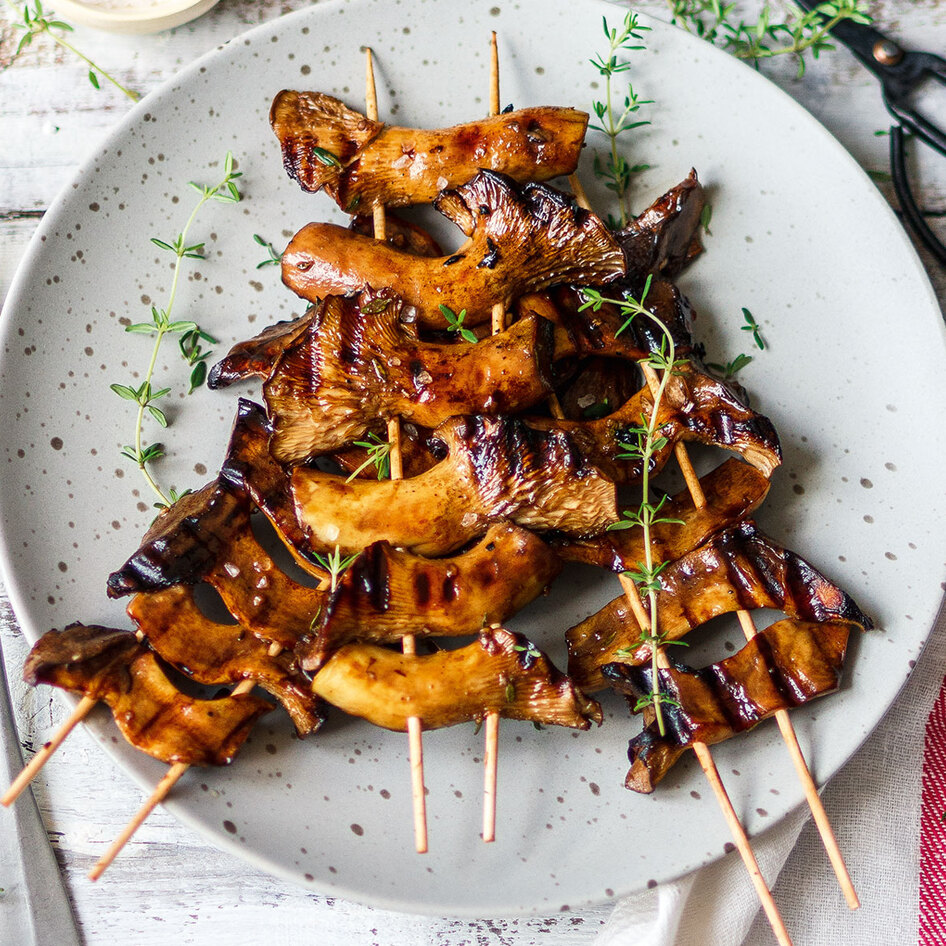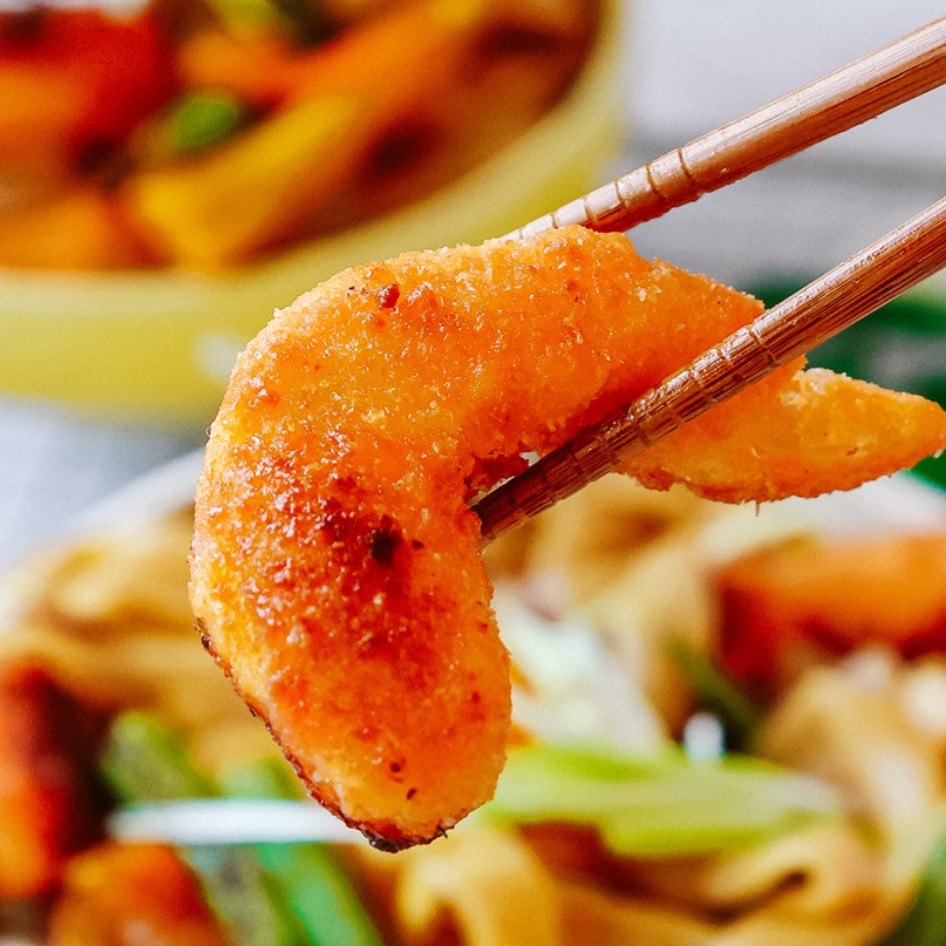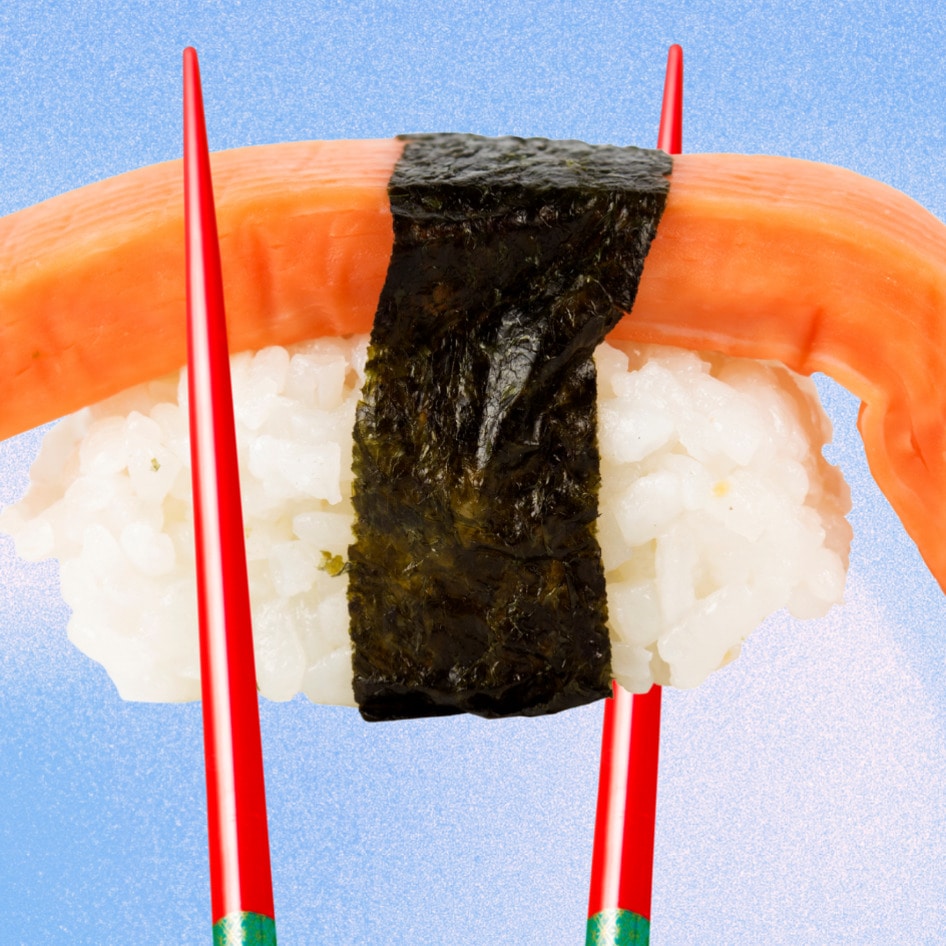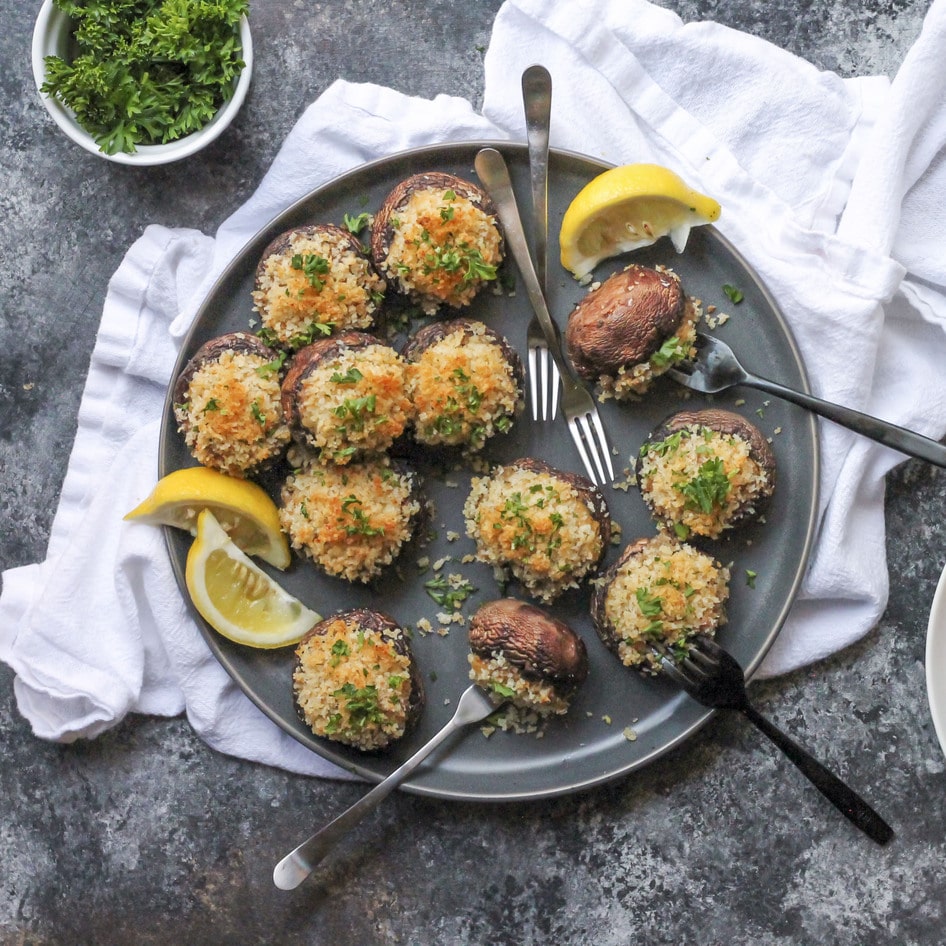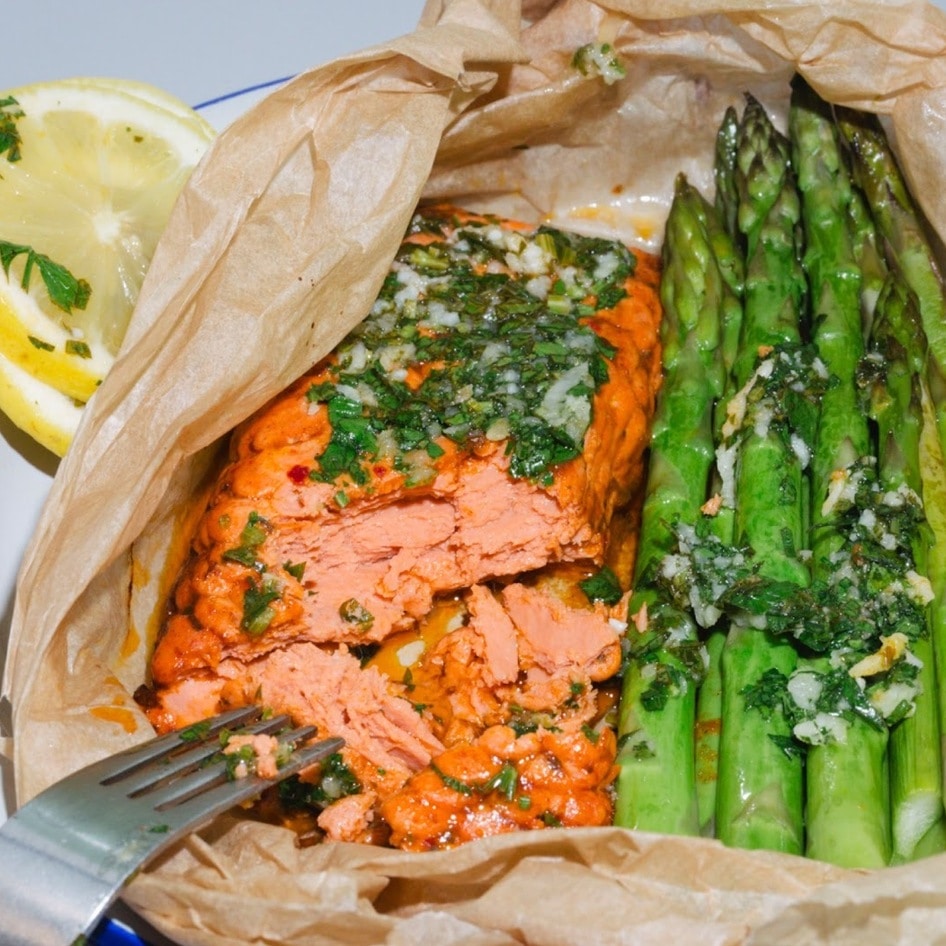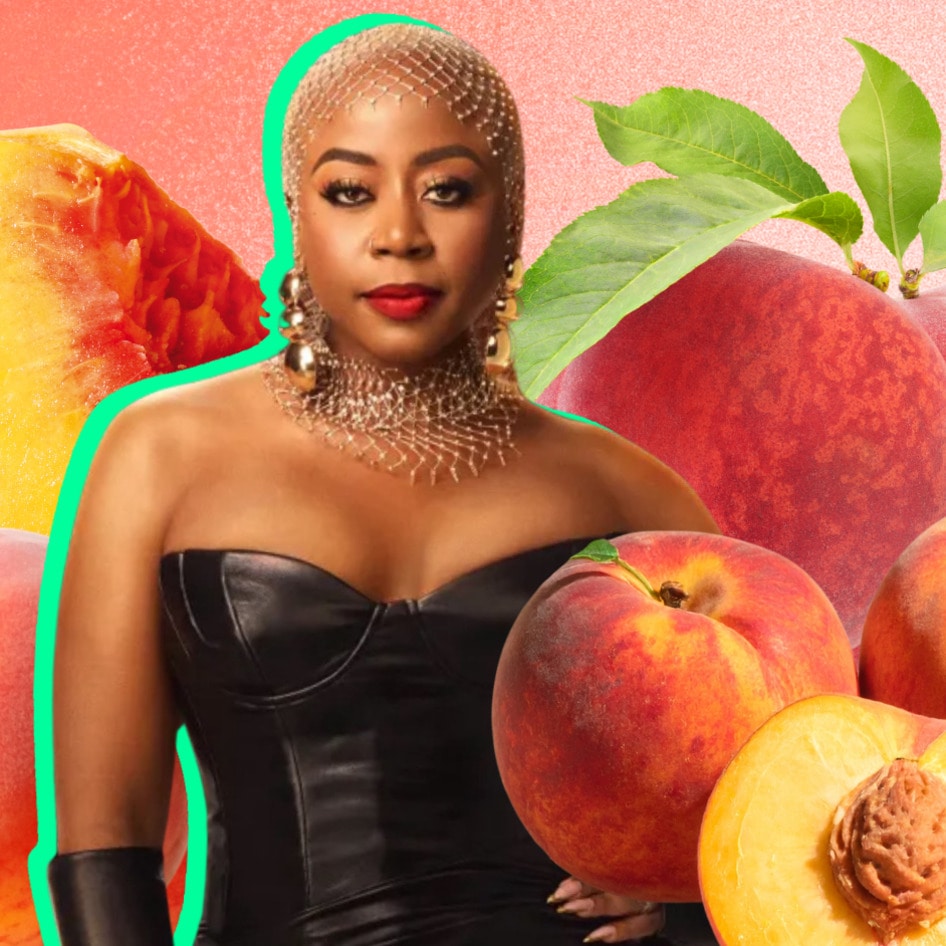The quest to replicate the delicate texture and flavor of scallops without harvesting a single shellfish has led two companies, Aqua Cultured Foods and Plant Based Seafood Co., to innovative solutions.
Both companies are addressing the growing concern over the sustainability of seafood, specifically scallops, by developing plant-based alternatives.
Aqua Cultured Foods is using microbial fermentation to create animal-free seafood. This method, traditionally used in making beer and sourdough, allows Aqua to produce seafood alternatives that mimic what’s swimming in our seas.
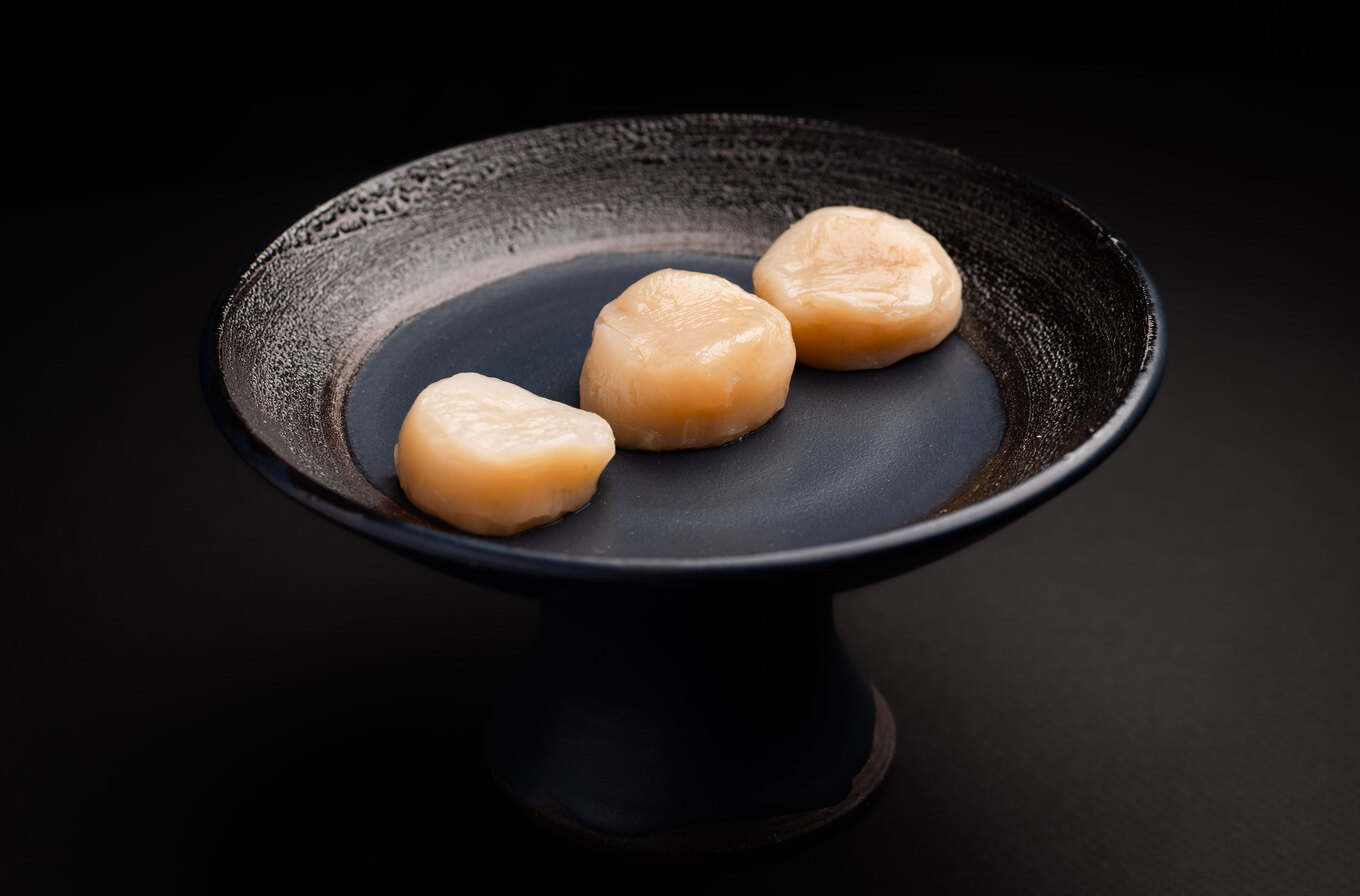 Aqua Foods
Aqua Foods
Its scallops have that same buttery flavor and springy texture of mollusks that can be used in whole-cut applications such as crudo or ceviche, delivering the same sensory experience of seafood without breading, coatings, gums, or thickeners.
The company focuses on developing products that are not only sustainable but also free of harmful substances such as mercury and microplastics.
“Our mission is to feed our growing planet while still protecting the oceans,” Aqua co-founder Brittany Chibe tells VegNews. “Seafood accounts for 20 percent of global protein intake, yet nearly 80 percent of the world’s fisheries are already fully exploited or depleted.”
Saving scallops from extinction
The urgency of this mission is underscored by the fact that traditional scallop populations are rapidly declining, with commercial landings (harvests) of Atlantic sea scallops dropping from over 60 million pounds in 2019 to just 31.6 million pounds in 2022, according to NOAA Fisheries.
Overfishing and environmental stressors such as warming waters and ocean acidification are big contributors to the problem. Plus, the average consumer eats twice as much seafood as they did 50 years ago.
“One major issue is the scarcity of new scallops—those little guys are crucial for replenishing the scallop population,” Shelley Van Cleve, a seafood industry expert, tells VegNews.
“But with fewer of them joining the ranks and mature scallops getting plucked out of the water, the future of scallops as a food source is hanging by a thread,” Van Cleve says. “That’s where plant based scallops come in.”
Van Cleve and her daughter Monica Talbert worked in the traditional seafood and restaurant industry for more than 20 years before founding Plant Based Seafood Co. Drawing from their industry expertise, the duo applies a kitchen-based approach to plant-based seafood alternatives, including dusted scallops they make from konjac under the company’s Mind Blown brand.
“We’re not just making products; we’re creating culinary experiences that excite and delight,” Van Cleve says. “We believe in using real ingredients to craft real food, pushing the boundaries of plant-based innovation to mimic the textures, aromas, and flavors of seafood.”
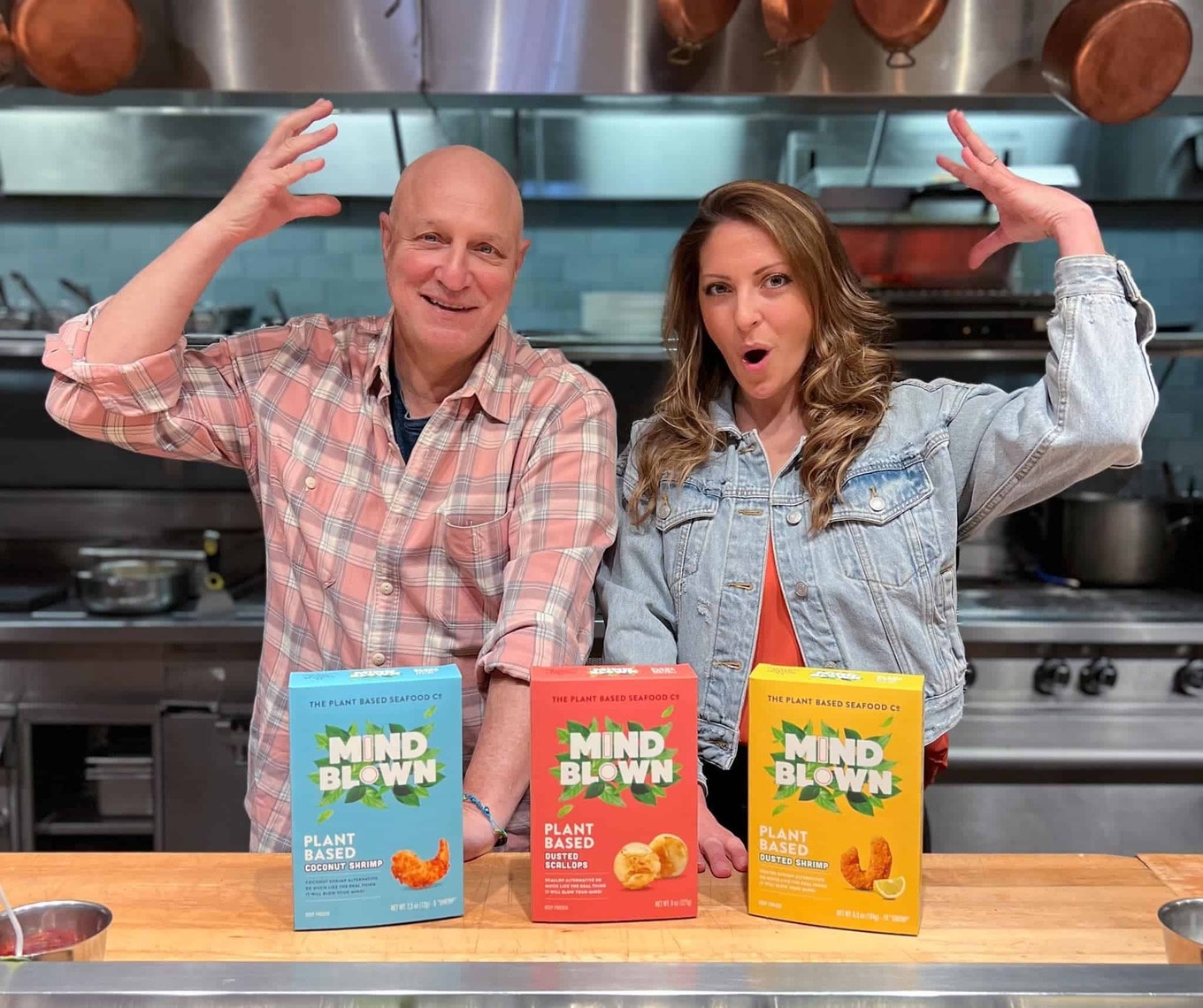 Plant Based Seafood Co.
Plant Based Seafood Co.
Operating out of the Chesapeake Bay, Plant Based Seafood Co. has gained support from celebrity chefs Tom Colicchio and Spike Mendelsohn. But how does Van Cleve know that their vegan scallops are hitting all the marks? The company rigorously tests its products with local “salt-of-the-Earth folks” such as fishermen and seafood enthusiasts.
“They can spot the real deal from a mile away, whether it’s an oyster, a fish, or a shrimp,” she says. “That’s why our products have to pass the test with these seasoned experts before they hit the market. Their seal of approval is our badge of honor.”
Sustainable scallops
Each company’s vegan scallops replicate mollusks while outcompeting them on multiple metrics, including price.
“Let’s face it, scallop prices are soaring, starting at a whopping $25 per pound,” Van Cleve says. “Just imagine if your everyday chicken or beef cost that much.”
These vegan scallops also have a much longer shelf life than their raw counterparts. For comparison, while raw mollusks stay fresh for an average of 48 hours, Aqua’s products keep for up to six weeks.
In addition to its frozen scallops, Plant Based Seafood Co. also developed a shelf-stable scallop that bypasses the need for refrigeration altogether, a major advantage for foodservice operators and the environment alike.
“By streamlining our processes and eliminating unnecessary steps, we’re not only cutting costs but also reducing our environmental footprint such as removing expensive cold chains from the line which also saves on greenhouse gas and emissions in the process,” Van Cleve says.
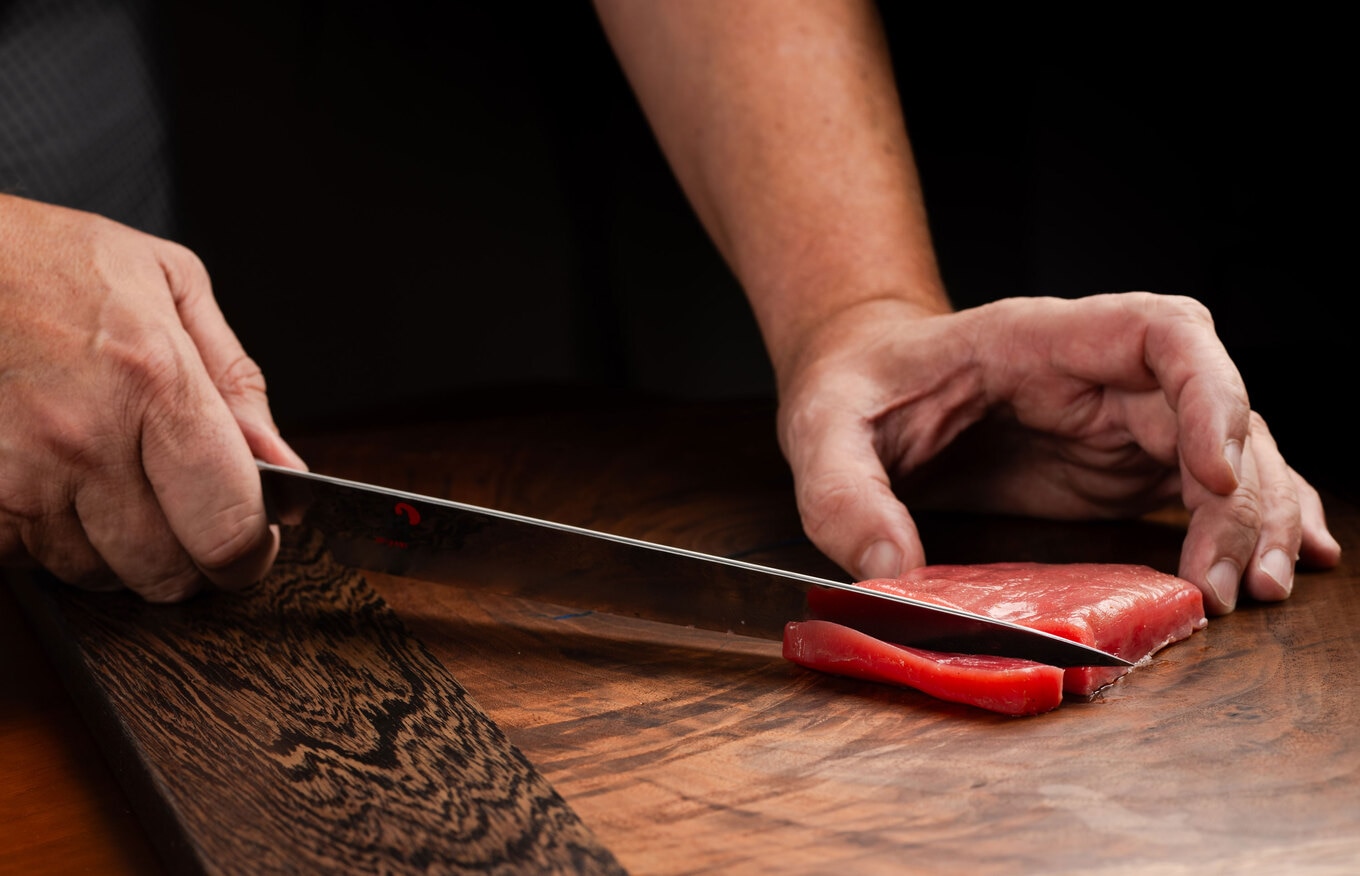 Aqua Foods
Aqua Foods
While Plant Based Seafood Co. already offers its Mind Blown brand in retail and foodservice, Aqua is putting the final touches on its scallops and fish-free tuna, with a plant to go to market this spring at fine-dining restaurants in Chicago.
The company tested hundreds of formulations at its production facility to get its scallops market-ready and like Plant Based Seafood Co., Aqua also gained backing from acclaimed culinarians, including Michelin-starred chef Laurent Manrique.
“When a chef says, ‘I wouldn’t be able to tell the difference, these are real scallops,’ that’s the greatest indicator of market readiness,” Chibe says.
Navigating market headwinds
Aqua Cultured Foods and Plant Based Seafood Co. are part of a growing movement to provide consumers with choices that satisfy their seafood cravings while protecting the oceans. However, some innovators have not been able to successfully navigate these choppy waters.
In November, New Wave Foods ceased operations despite securing a major customer for 2024 sales because the alternative seafood company “couldn’t outrun industry headwinds” according to its CEO Michelle Wolf.
Chibe and Van Cleve believe their companies are uniquely positioned to succeed in the alternative seafood space. At Plant Based Seafood Co., Van Cleve is keeping operations lean and aiming to strike the right balance between quality and affordability.
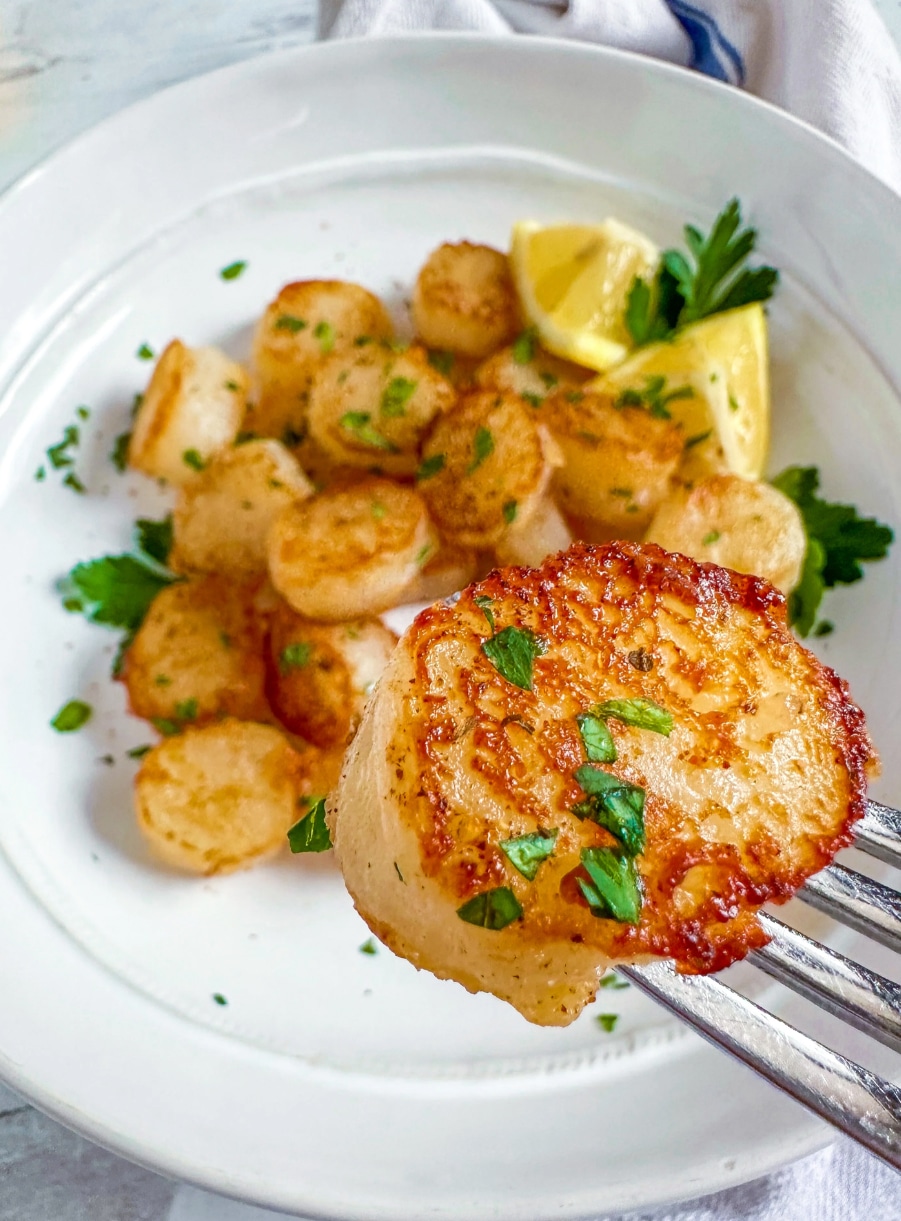 The Plant Based Seafood Co.
The Plant Based Seafood Co.
“In these uncertain times, it’s clear that companies with a genuine passion and commitment to their mission are better equipped to weather the storm,” Van Cleve says. “As things start to stabilize, we’re optimistic about the future.”
“We believe that by staying true to our values and supporting our partners, we can navigate these uncertain times and emerge stronger together,” she says.
Both companies are also part of Future Ocean Foods, a trade group that serves as a united front to help its 36 international members disrupt the destructive $360 billion global seafood industry.
“In response [to industry challenges], we choose to unite, share experiences and collaborate, instead of compete,” Chibe says.
More broadly, both companies aim to reimagine a seafood industry that provides consumers with crave-able experiences without destroying the oceans and their inhabitants.
“At the heart of it all is our genuine love for seafood,” Van Cleve says. “We’re not just creating products; we’re paying homage to the creatures of the sea. And rest assured, we’d never dream of putting out anything less than the best.”
For the latest vegan news, read:
JUMP TO ... Latest News | Recipes | Guides | Health | Subscribe

